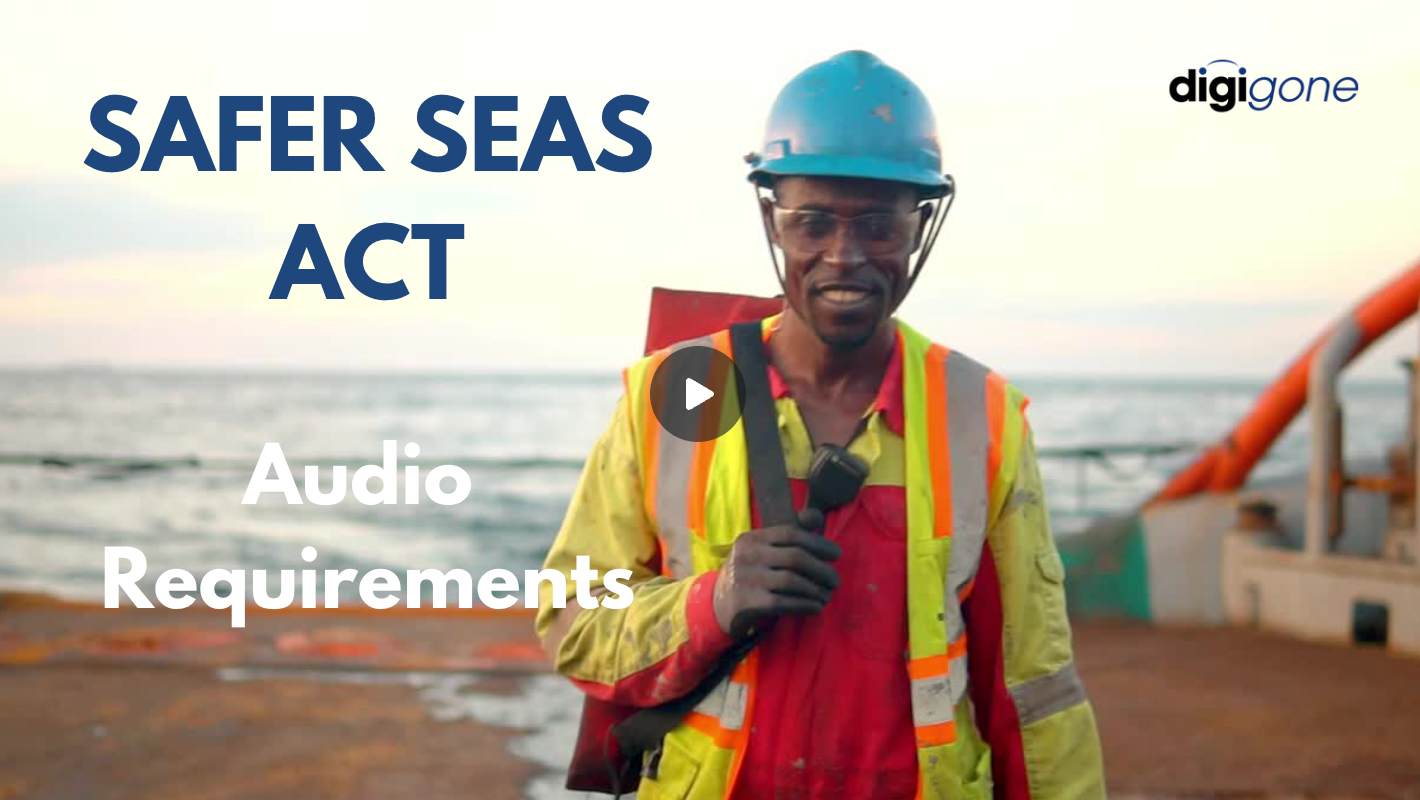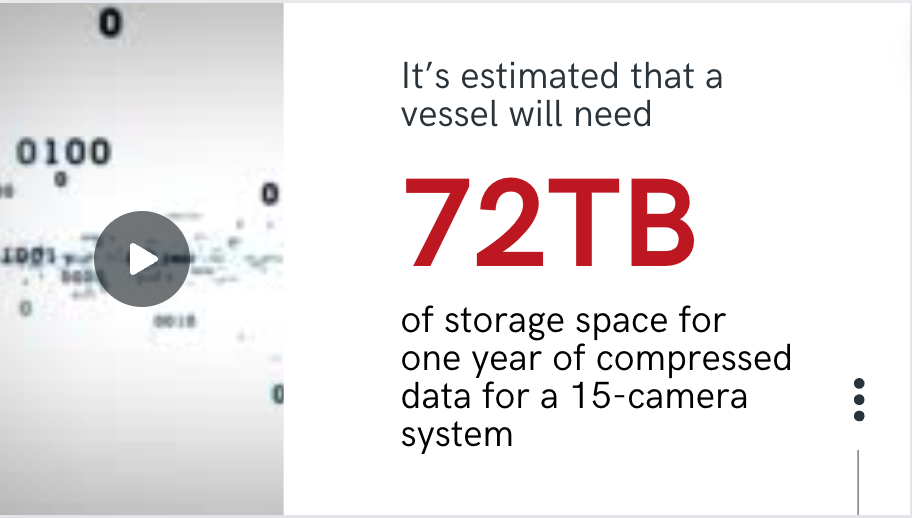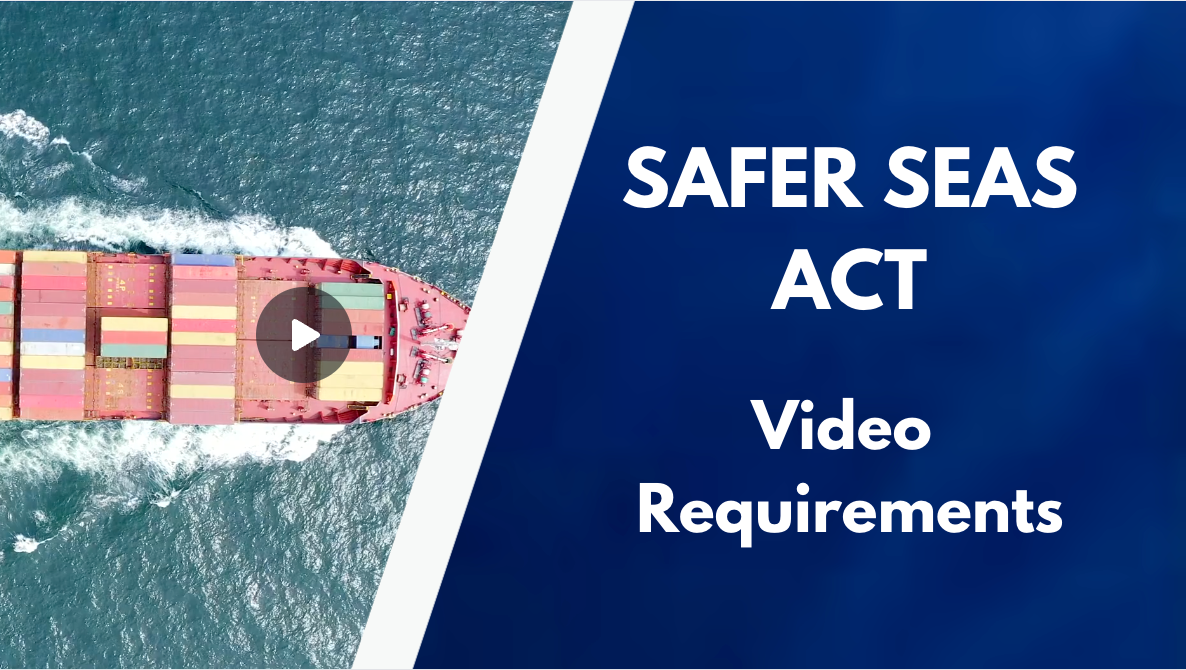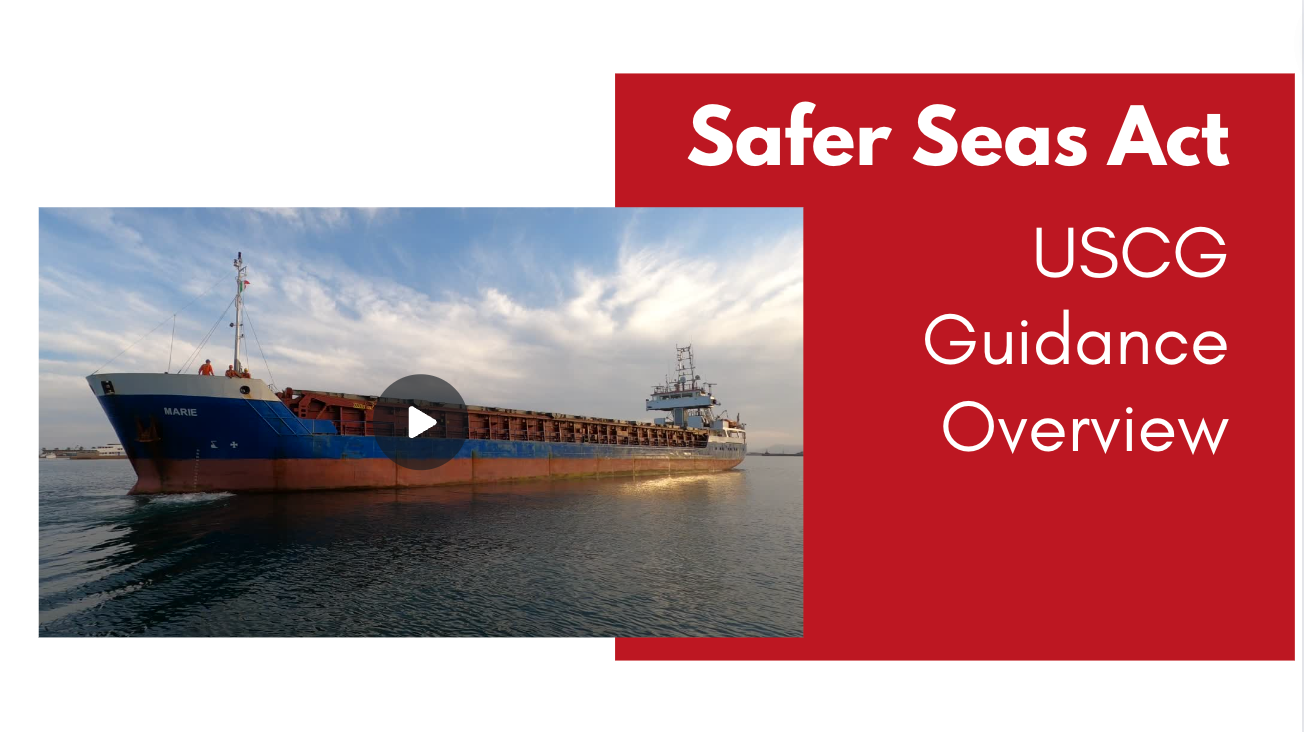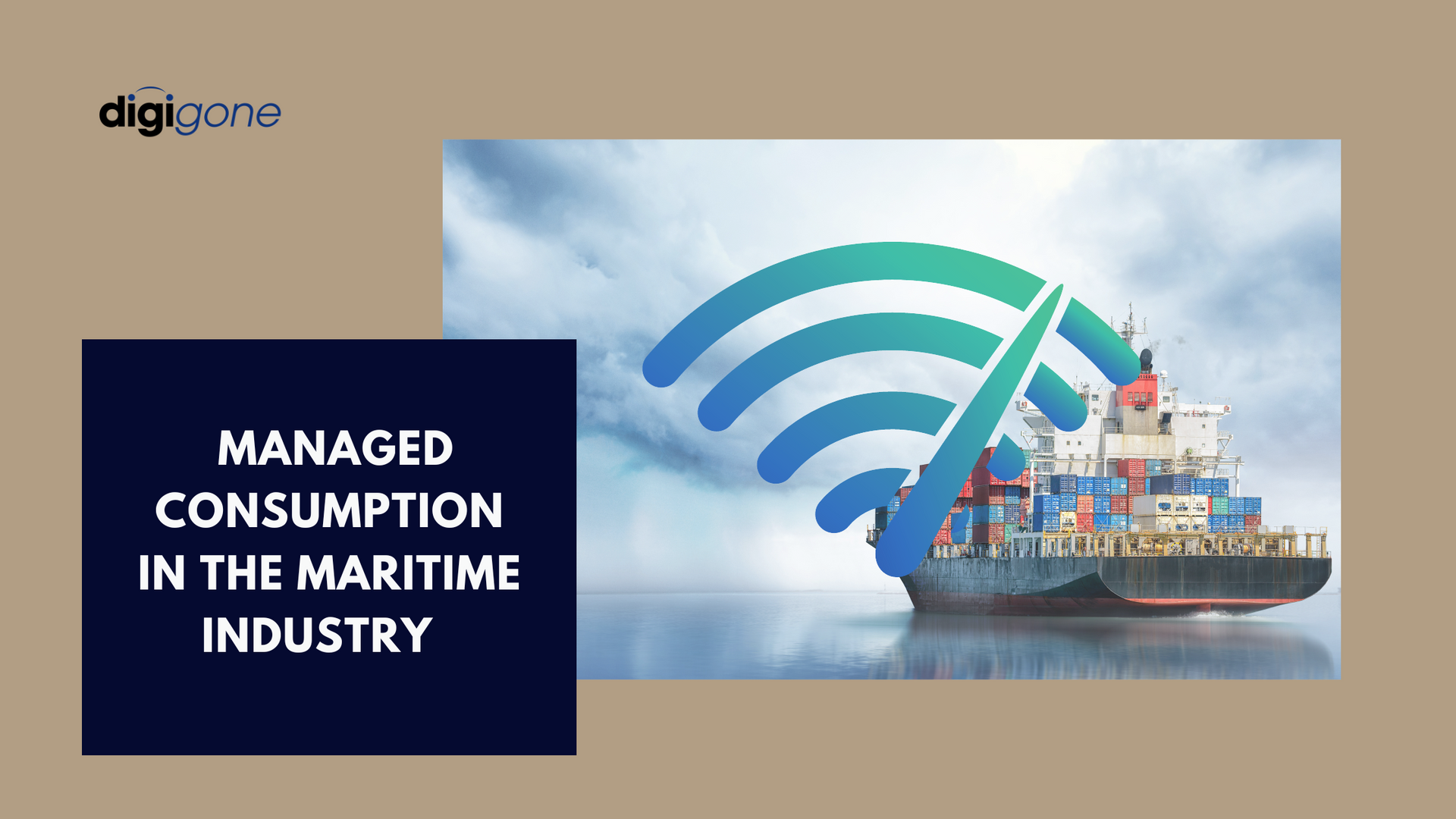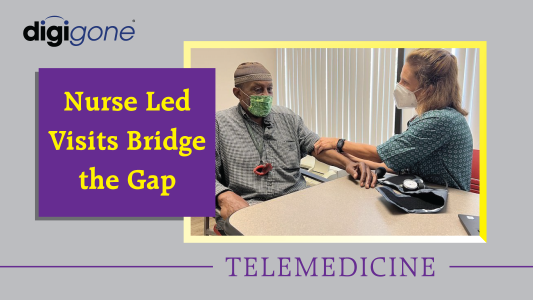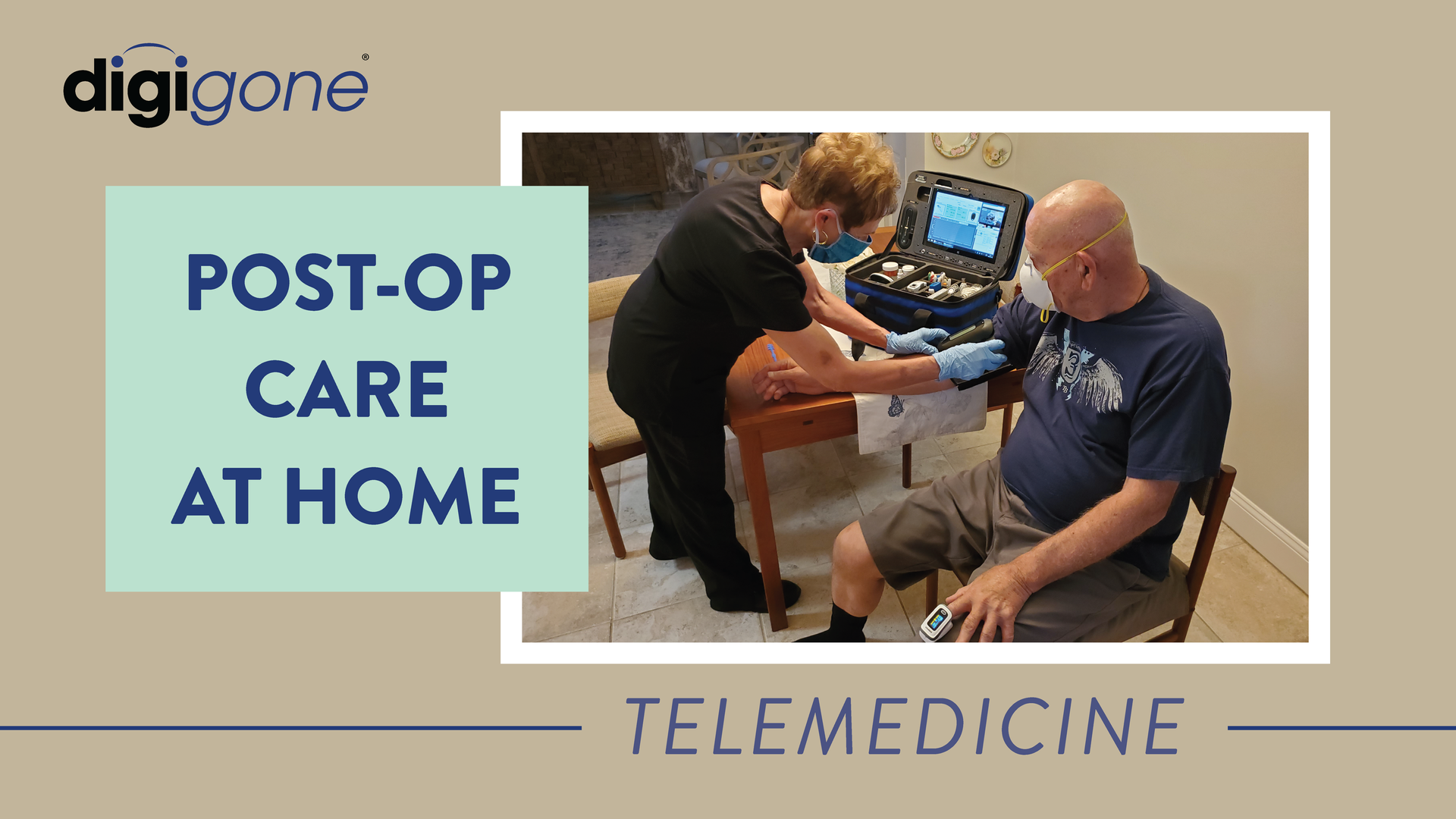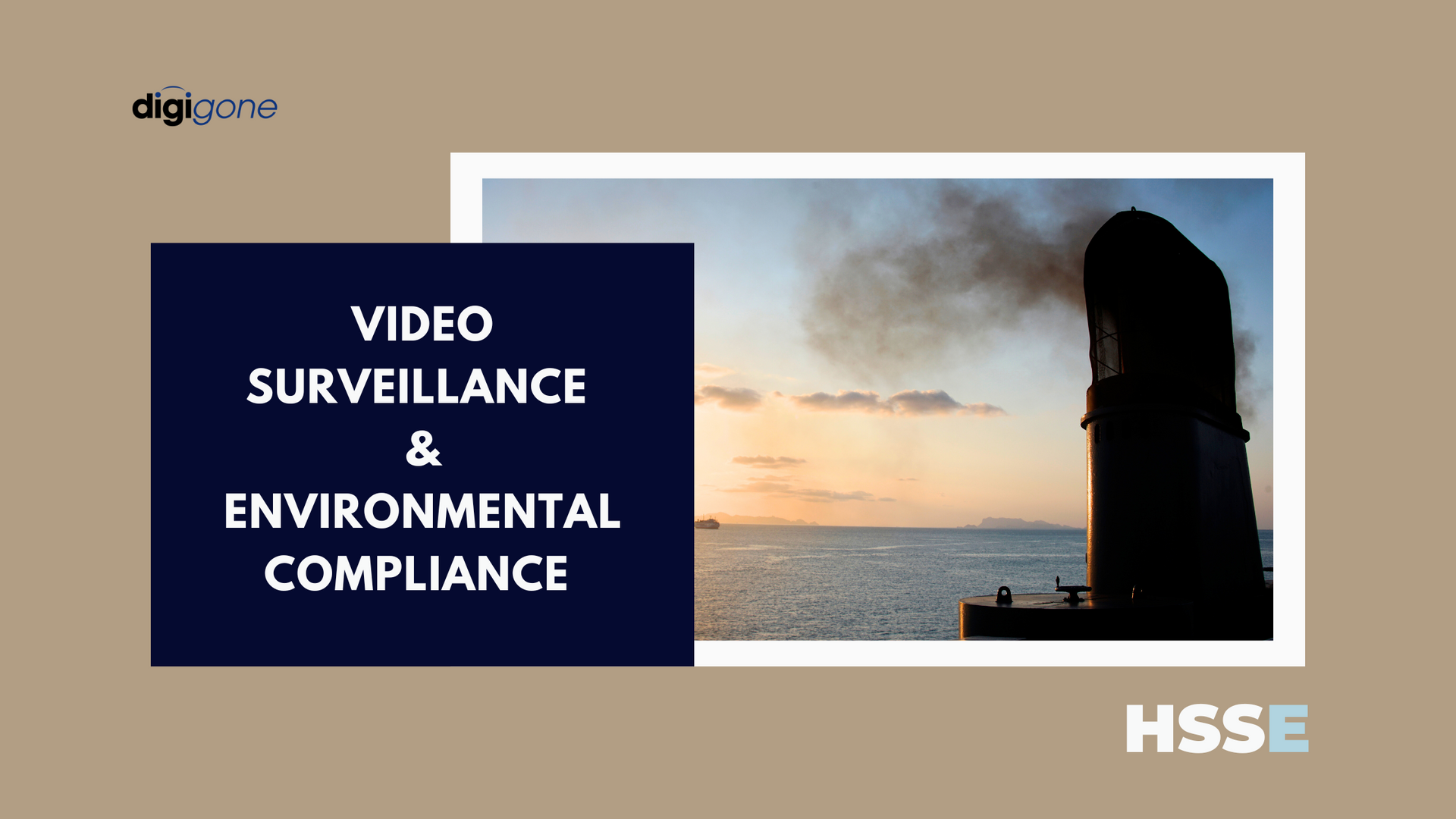DigiGone Case Study 6: Remote Laceration Suturing at Sea
The value of maritime telemedicine is most easily found in serious but non-life-threatening injuries and accidents aboard vessels. Having a telemedicine kit on board a ship means that a doctor’s care is always at hand, even when the nearest port is hours away.
One such example is of a crew member whose ship was midway across the Atlantic when he slipped and fell, striking his head and lacerating his scalp. He was brought to the onboard infirmary where the designated medical officer contacted their medical service provider with the digiMed telemedicine kit.
Using the various diagnostic tools and cameras, the doctor they contacted remotely examined the injury and conducted a neurological survey of the crew member. With the help of another crew member holding the kit’s remote video camera over the injured member’s laceration, the doctor guided the designated medical officer in cleaning and suturing the three-inch laceration in the crew member’s scalp. The vessel was in rough seas at the time, but with the help of the doctor, the medical officer was able to complete his work successfully. After the examination and suturing, the physician determined that there were no neurological issues. The crew member and the vessel continued on their course, crisis averted.
Without a telemedicine kit, this injury would have certainly required a medivac or an immediate reroute to port. Considering the potential for neurological damage, waiting for medical attention on shore could even be life-threatening in such a case. Telemedicine is immediate. The doctor was able to assess the crew member’s potential neurological injuries within minutes in this case, and guide the suturing of the laceration. Without the telemedicine kit, the vessel would have been redirected to the nearest port with a hospital equipped to handle head trauma, a major expense resulting in lost time for the entire crew.
In this case, the shipping company was able to save between $75,000-$150,000, more than recouping their investment in mobile telemedicine in a single instance. The immediate access to care was also very important to the crew member and his coworkers, enhancing their feeling of safety aboard their vessel. The peace of mind that a telemedicine kit provides is invaluable, especially when an injury on board a ship is treated quickly and expertly through the use of telemedicine.

